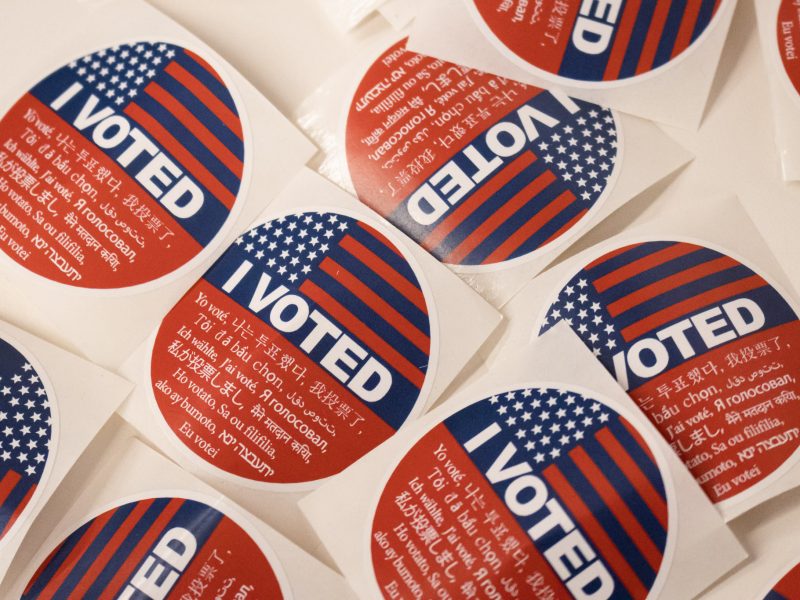In the first steps toward finalizing its blueprint, the committee charged with developing the campus diversity plan will review and implement feedback tomorrow.
Since dozens of people raised issues with the diversity plan at October’s diversity town hall meeting, the Diversity Plan Steering Committee has continued to receive a steady stream of commentary from the university community. Members have said they welcome the challenge of filtering through the countless letters, e-mails and phone messages of input, which are as diverse as the campus itself.
The entire committee will meet later this week to evaluate each suggestion and debate what to incorporate, said Assistant to the President for Equity and Diversity and Associate Vice President for Academic Affairs Rob Waters, who chairs the committee.
“We’re going to first focus conceptually, then go into particulars after that,” Waters said. “The committee vets each idea and votes … We’re going to let the majority decide what the good of the plan is and what to try to do.”
The feedback the committee has received ranges from broad suggestions about how campus diversity can fit into the university’s efforts to become a more globally competitive institution to specific questions about how diversity will be handled in the schools of language and literature.
Bill Norwood, an equipment manager for the physics department, penned his own version of the diversity plan and sent it to members of the University Senate, Student Government Association, student religious groups and alumni. Some of his suggestions called for the removal of the lesbian, gay, bisexual and transgender population from diversity efforts, saying the university needs to alter its stance on how the LGBT community is categorized.
“The openness of the [diversity plan] is one of the reasons why I submitted my own comments,” Norwood said. “I didn’t get a single hostile response. I think people should dare to argue. There should be an exchange of feedback, of thought.”
Others take a more subtle approach, sending their suggestions and comments only to Waters and subcommittee chairs.
Since the town hall meeting two months ago, comments have been coming in constantly from faculty, staff and students, said committee member Kim Nickerson, assistant dean for the behavioral and social sciences college and the assistant dean for diversity in the public health school.
“We’re not only getting feedback online, but we’re getting it from individuals who didn’t attend or speak at [October’s] meeting,” Nickerson said. “The feedback spans various aspects of the plan, and we’re going to thoughtfully go through it.”
The way the steering committee plans to deal with the comments is similar to how Provost Nariman Farvardin handled campus feedback for the university’s strategic plan last semester, Waters said. Members will sift through all the suggestions, omitting the ones that are off-topic or unsuitable, before fleshing out the finer details.
Although Norwood said his version of the diversity plan was far from perfect and could be called inflammatory, he said he was grateful for its cordial reception by the committee.
“Waters said he would distribute it to the committee and that he was thankful for the feedback,” Norwood said. “I know it’s controversial, but feedback was solicited from the whole campus, and I’m certainly licensed to say what I think.”
Committee members agree, saying the signature component of the diversity plan is feedback from the campus, no matter its content or perspective.
hampton at umdbk dot com


